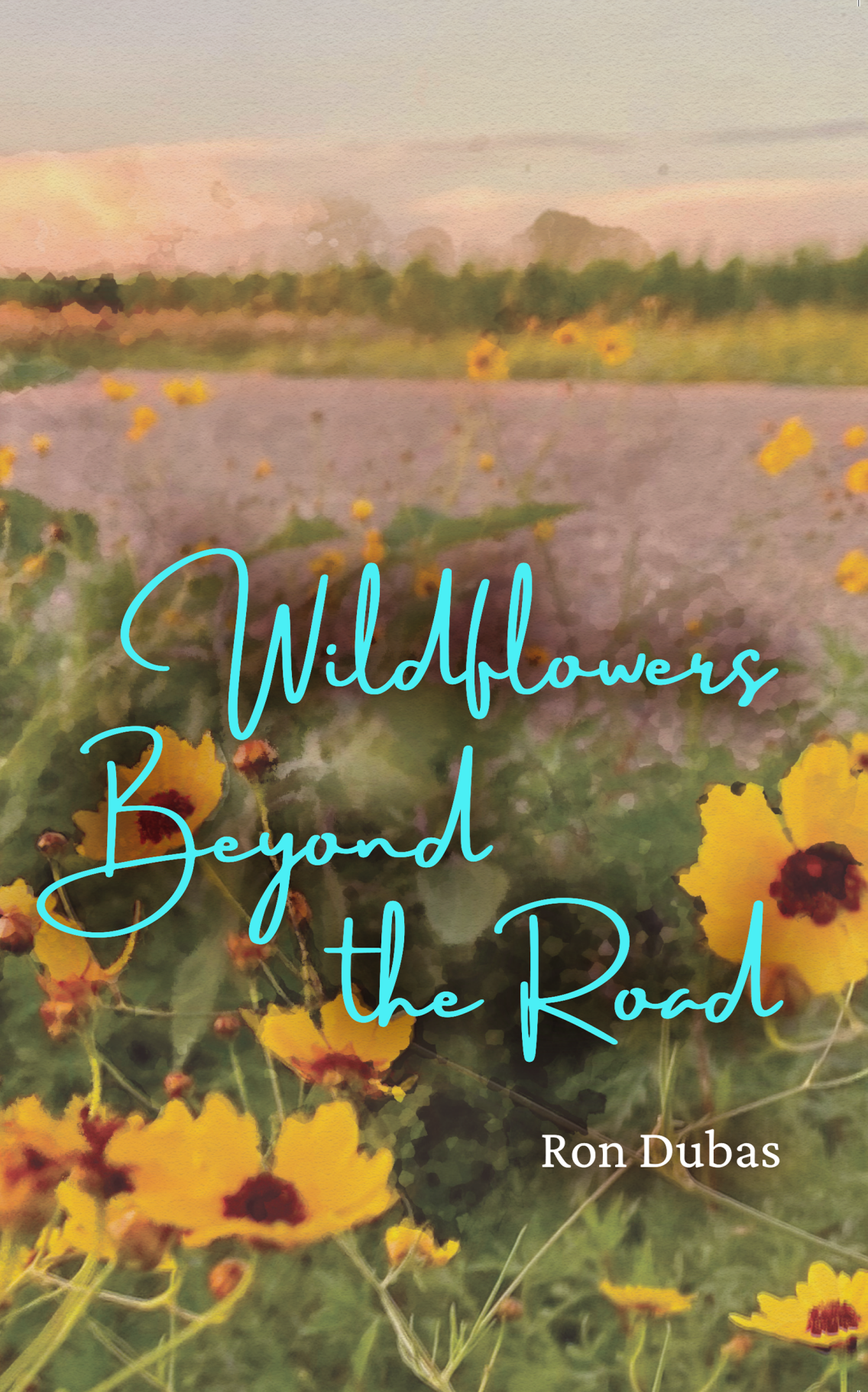A Nebraska farmer tells a story from where the wildflowers grow

J.P. Dreul is a Nebraska farmer trying to keep Mother Nature from taking the last bits of his legacy and his sanity. Drought has fried his crops and his optimism. Every day, he faces the choice he must make to save his farm. The stability of a job in town would mean a steady income but only he can decide if the cost is too high.
His situation may sound familiar to many farmers and ranchers across the High Plains, but J.P. is the main character in Ron Dubas’s book “Wildflowers Beyond the Road.”
Dubas is also a Nebraska farmer, so his perspective is rooted in reality. Often writing from the seat of his tractor, Dubas crafted a story that gives new life to J.P.’s optimism and his farm.
J.P. takes a job in town to supplement his farm income. Taking his farm-honed work ethic with him, he works two jobs—one mowing lawns for a golf course and the other as a mechanic for a locally owned garage. The garage’s office clerk, Leah, has seen some hard times in her life as well and rejects J.P.’s simple kindness from the start.
That rejection does nothing to temper J.P.’s happiness as he keeps a bowl of candy full on the breakroom table and brings in the occasional wildflower. All signs that his optimism is recovering.
Even J.P.’s withering crops are recovering as it starts raining soon after he leaves to take the job in town. As the old saying goes, “It always rains at the end of drought.”
In the book, Dubas takes readers on a tour of a typical rural town through the eyes of J.P. and his new-to-the-country love interest, Leah. This tour and description builds the foundation of J.P.’s character, from his work ethic and his faith to the way he treats others.
While he’s no angel, J.P. does what he believes is right and begins to appreciate his life on the farm while working in town. He even finds a little bit of the country on the outskirts and uses it to introduce Leah to parts of the area she didn’t know existed before J.P. came along.
What reads like a happily ever after love story eventually becomes one of redemption, forgiveness and some shined up optimism for all of its characters.
“Wildflowers Beyond the Road” is a testament to the 12 years Dubas put into its writing, editing, and publishing. It is well written and gives readers a break from their everyday reality or insight into the foundation of those from rural America.
Jennifer Theurer can be reached at 620-227-1858 or [email protected].


